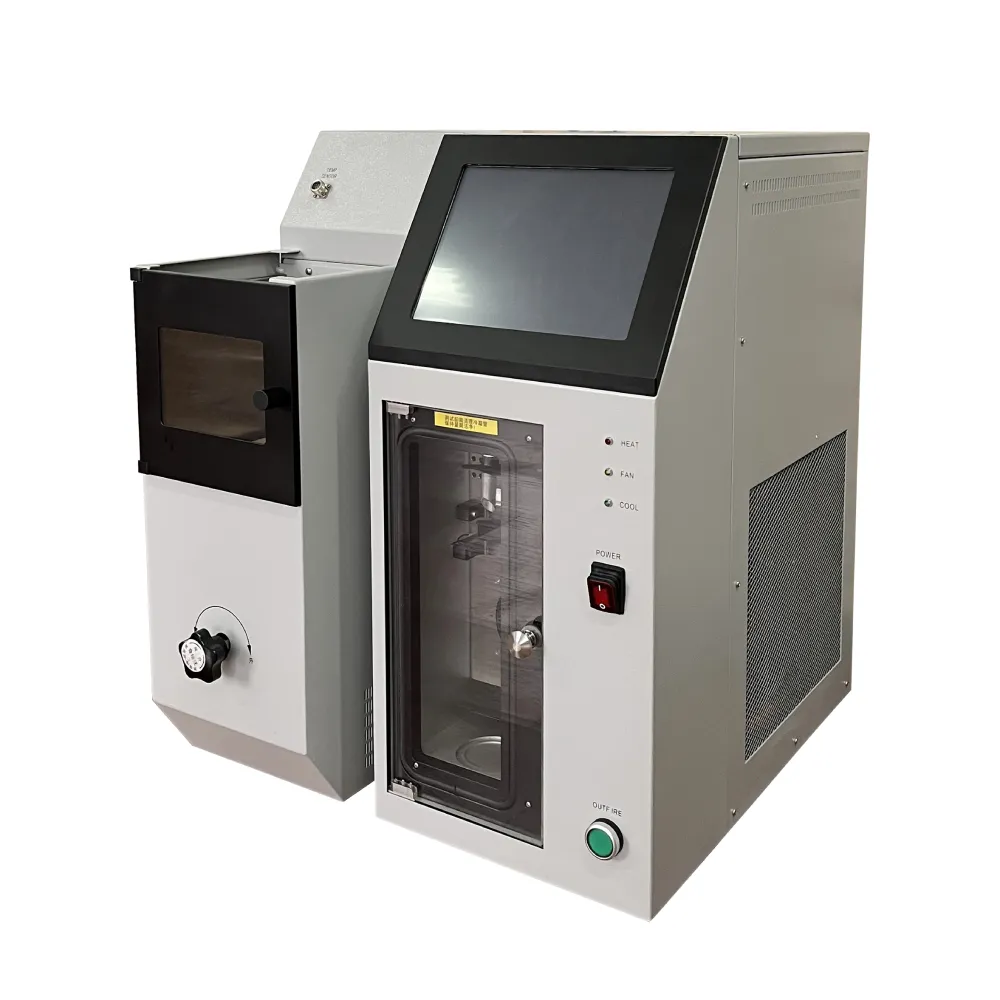 English
English



-
 Afrikaans
Afrikaans -
 Albanian
Albanian -
 Amharic
Amharic -
 Arabic
Arabic -
 Armenian
Armenian -
 Azerbaijani
Azerbaijani -
 Basque
Basque -
 Belarusian
Belarusian -
 Bengali
Bengali -
 Bosnian
Bosnian -
 Bulgarian
Bulgarian -
 Catalan
Catalan -
 Cebuano
Cebuano -
 China
China -
 China (Taiwan)
China (Taiwan) -
 Corsican
Corsican -
 Croatian
Croatian -
 Czech
Czech -
 Danish
Danish -
 Dutch
Dutch -
 English
English -
 Esperanto
Esperanto -
 Estonian
Estonian -
 Finnish
Finnish -
 French
French -
 Frisian
Frisian -
 Galician
Galician -
 Georgian
Georgian -
 German
German -
 Greek
Greek -
 Gujarati
Gujarati -
 Haitian Creole
Haitian Creole -
 hausa
hausa -
 hawaiian
hawaiian -
 Hebrew
Hebrew -
 Hindi
Hindi -
 Miao
Miao -
 Hungarian
Hungarian -
 Icelandic
Icelandic -
 igbo
igbo -
 Indonesian
Indonesian -
 irish
irish -
 Italian
Italian -
 Japanese
Japanese -
 Javanese
Javanese -
 Kannada
Kannada -
 kazakh
kazakh -
 Khmer
Khmer -
 Rwandese
Rwandese -
 Korean
Korean -
 Kurdish
Kurdish -
 Kyrgyz
Kyrgyz -
 Lao
Lao -
 Latin
Latin -
 Latvian
Latvian -
 Lithuanian
Lithuanian -
 Luxembourgish
Luxembourgish -
 Macedonian
Macedonian -
 Malgashi
Malgashi -
 Malay
Malay -
 Malayalam
Malayalam -
 Maltese
Maltese -
 Maori
Maori -
 Marathi
Marathi -
 Mongolian
Mongolian -
 Myanmar
Myanmar -
 Nepali
Nepali -
 Norwegian
Norwegian -
 Norwegian
Norwegian -
 Occitan
Occitan -
 Pashto
Pashto -
 Persian
Persian -
 Polish
Polish -
 Portuguese
Portuguese -
 Punjabi
Punjabi -
 Romanian
Romanian -
 Russian
Russian -
 Samoan
Samoan -
 Scottish Gaelic
Scottish Gaelic -
 Serbian
Serbian -
 Sesotho
Sesotho -
 Shona
Shona -
 Sindhi
Sindhi -
 Sinhala
Sinhala -
 Slovak
Slovak -
 Slovenian
Slovenian -
 Somali
Somali -
 Spanish
Spanish -
 Sundanese
Sundanese -
 Swahili
Swahili -
 Swedish
Swedish -
 Tagalog
Tagalog -
 Tajik
Tajik -
 Tamil
Tamil -
 Tatar
Tatar -
 Telugu
Telugu -
 Thai
Thai -
 Turkish
Turkish -
 Turkmen
Turkmen -
 Ukrainian
Ukrainian -
 Urdu
Urdu -
 Uighur
Uighur -
 Uzbek
Uzbek -
 Vietnamese
Vietnamese -
 Welsh
Welsh -
 Bantu
Bantu -
 Yiddish
Yiddish -
 Yoruba
Yoruba -
 Zulu
Zulu
insulation resistance multimeter
Understanding Insulation Resistance Multimeters A Comprehensive Overview
Insulation resistance multimeters are vital instruments in electrical maintenance and testing. They play a crucial role in ensuring the safety and reliability of electrical systems. In this article, we will delve into the purpose and functionality of insulation resistance multimeters, their applications, and the factors to consider when selecting one for your needs.
What is an Insulation Resistance Multimeter?
An insulation resistance multimeter measures the resistance of insulating materials in electrical systems. It assesses the integrity of insulation, helping to detect potential faults that could lead to electrical failures or hazards. Unlike standard multimeters, which measure voltage, current, and resistance, insulation resistance multimeters specifically focus on insulation resistance, usually providing high voltage capabilities for testing.
How Does It Work?
When using an insulation resistance multimeter, the device applies a high voltage (typically between 250V to 1,000V) across the insulation material. This high voltage stresses the insulation, revealing its resistance characteristics. The resulting readings indicate how well the insulation can withstand electrical stress. Higher resistance values generally indicate better insulation quality, while lower values can signify potential failures or defects.
Applications of Insulation Resistance Multimeters
1. Electrical Maintenance and Troubleshooting Insulation resistance multimeters are commonly used in routine maintenance checks in commercial and industrial settings. They help ensure that electrical installations are functioning correctly and safely, preventing unexpected breakdowns.
2. Testing Electric Motors and Cables These devices are instrumental in testing the insulation of electric motors, transformers, and power cables. Regular inspections help mitigate risks associated with insulation breakdown, such as shorts or equipment damage.
3. Safety Compliance Compliance with safety standards is critical in electrical installations. Insulation resistance testing is often required to meet regulatory guidelines, ensuring that systems are safe for operation.
4. Renewable Energy Systems In the growing sector of renewable energy, insulation resistance multimeters are essential for assessing the integrity of solar panels and wind turbines. Ensuring these systems operate safely is paramount, as they often function in variable environmental conditions.
insulation resistance multimeter

Key Features to Look For
When selecting an insulation resistance multimeter, various features should be considered
1. Voltage Range Depending on your application, choose a multimeter that offers an appropriate voltage range for insulation testing. Standard models typically have ranges of 250V, 500V, and 1,000V.
2. Test Voltage Output Different applications may require different test voltages. Ensure the multimeter can deliver the necessary voltage for your testing needs.
3. Display and Readability A clear and easy-to-read display is vital for accurate data interpretation. Look for models with backlit screens for use in low-light environments.
4. Resistance Range and Accuracy The multimeter should provide a broad range of resistance measurements, with high accuracy to ensure reliable results.
5. Durability and Portability Since these devices are often used in fieldwork, a rugged design can enhance durability. Lightweight options may also be preferred for ease of transport.
6. Additional Features Some insulation resistance multimeters come with features like data storage, Bluetooth connectivity, and automatic calculation of dielectric absorption ratio (DAR), which can enhance usability.
Conclusion
In conclusion, insulation resistance multimeters are indispensable tools for anyone involved in electrical maintenance, testing, or compliance. By understanding their purpose, applications, and key features, you can ensure optimal performance and safety in electrical systems. Regular testing not only prolongs the lifespan of equipment but also protects against potential hazards, making insulation resistance multimeters a worthy investment for professionals in the industry. Whether you are maintaining existing installations or installing new systems, having a reliable insulation resistance multimeter at your disposal can significantly enhance operational efficiency and safety.
-
Testing Equipment Industry Sees Major Advancements in 2025: Smart & Precision Technologies Lead the WayNewsJun.06,2025
-
Applications of Direct Current Generators in Renewable Energy SystemsNewsJun.05,2025
-
Hipot Tester Calibration and Accuracy GuidelinesNewsJun.05,2025
-
Digital Circuit Breaker Analyzer Features and BenefitsNewsJun.05,2025
-
Benefits of Real-Time Power Quality Monitoring Devices for Industrial EfficiencyNewsJun.05,2025
-
Earth Fault Loop Testing in High-Rise Building Electrical SystemsNewsJun.05,2025



